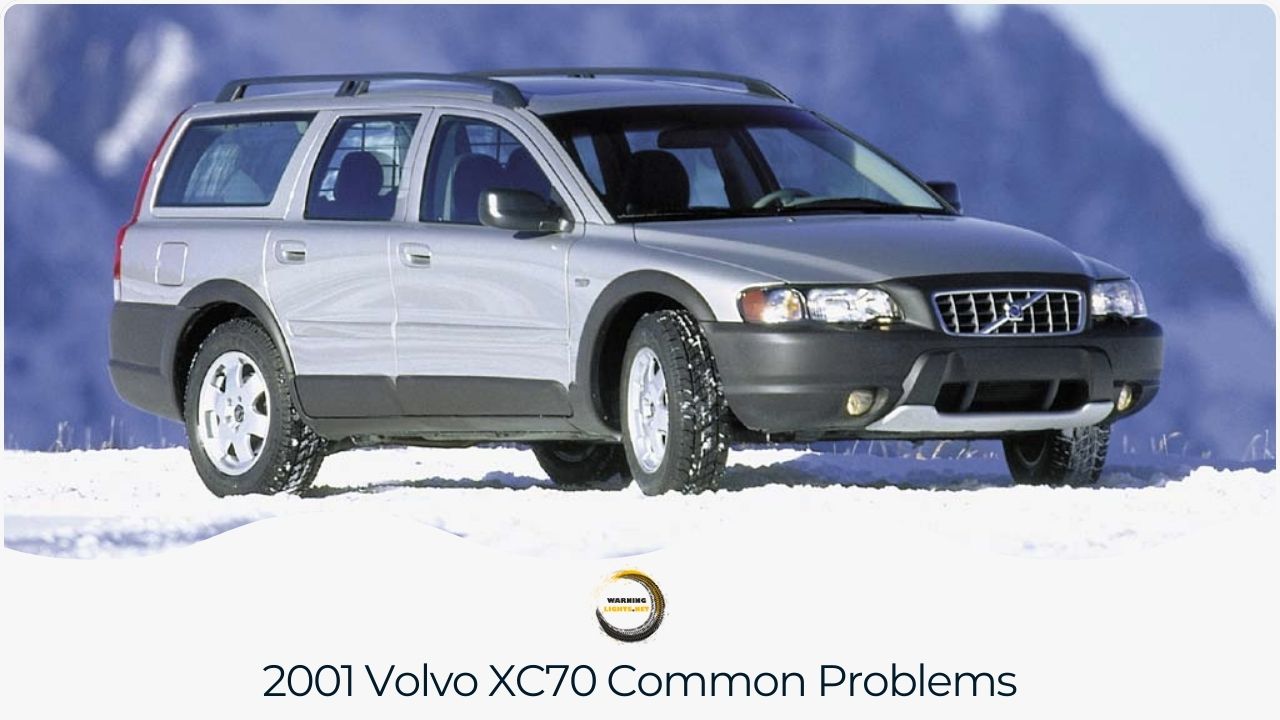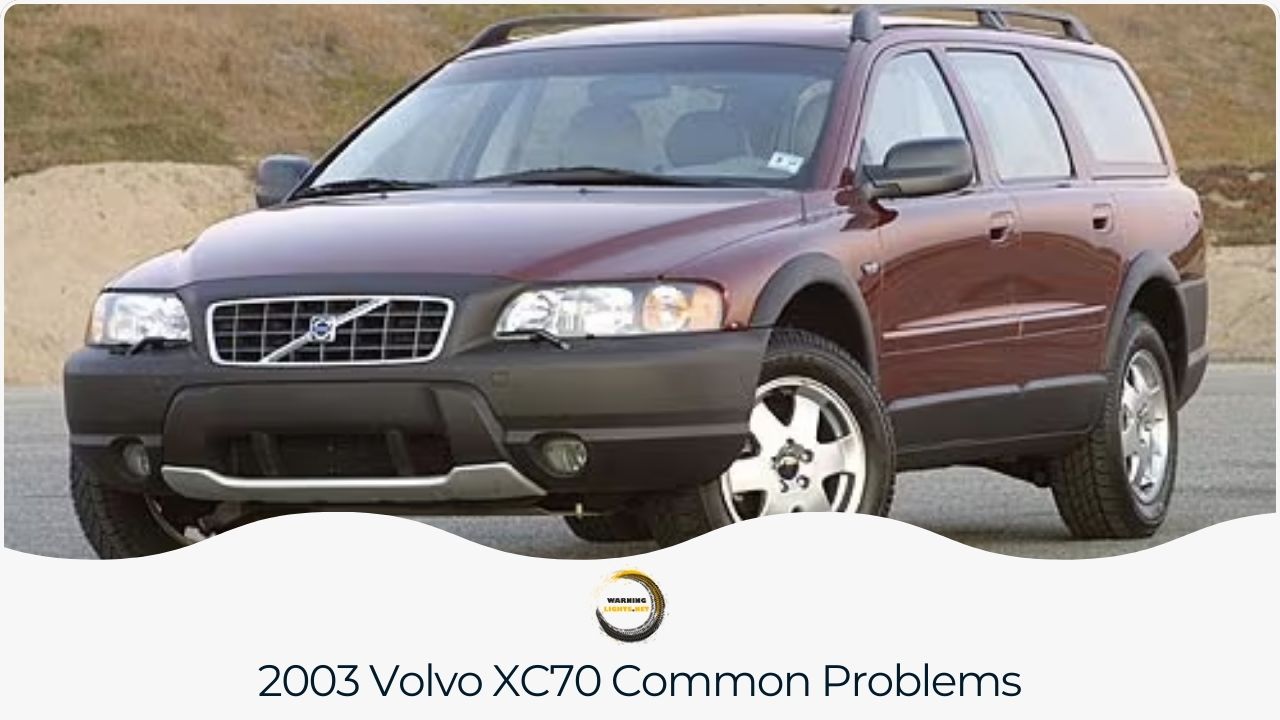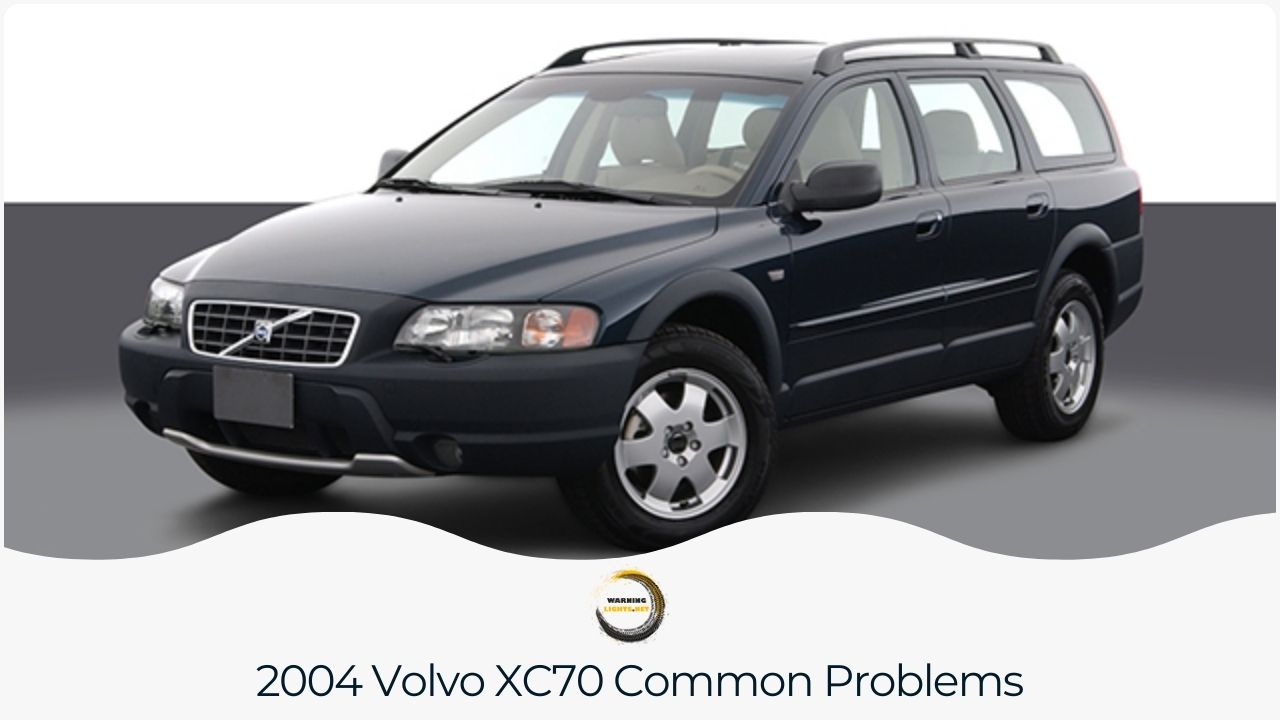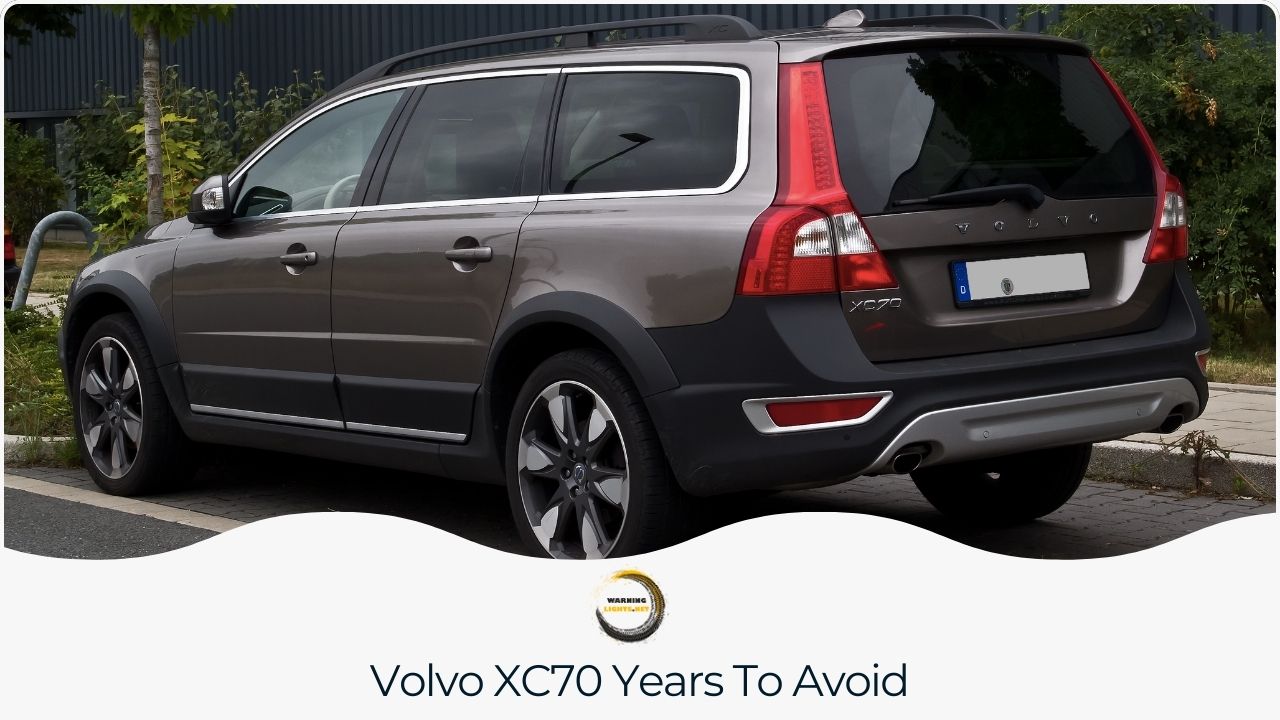For nearly 60 years, Volvo has built a solid reputation as a reliable and safe brand in the American automobile market. The XC70, initially known as the V70 XC, was a testament to this legacy, featuring a modern front design and a distinct squared-off rear end.
The XC70’s unique shape was not just about looks; it offered impressive storage space and a practical, rectangular hatchback for easy trunk access. This model, a larger and taller variant of the V70, was designed for increased interior space and off-road capability, making it an attractive choice for certain buyers.
Unfortunately, the XC70 was phased out in 2016, meaning current buyers can only acquire used models. Since its debut in 1999, the XC70 has been largely trouble-free, which speaks volumes about Volvo’s commitment to quality. However, we’re here to guide you away from the less reliable model years of the Volvo XC70.
🚀Recommended article:
Volvo XC70 Years To Avoid List

When avoiding certain Volvo XC70 models, there are specific years to be wary of. Throughout its production, the XC70 encountered a limited number of issues, with several websites registering just 45 complaints over 18 years.
For those looking at pre-owned XC70s, the models from 2001, 2003, and 2004 are the most commonly complained about.
Despite these years not being particularly problematic (with 2004 having the highest complaints), their reliability could be more consistent than other models. The 2001 and 2003 models are mainly criticized for transmission problems, while the 2004 model has some engine issues.
Although these problems are rare, they can be expensive to fix and pose a risk to the driver, passengers, other motorists, and pedestrians if they occur unexpectedly. Therefore, avoiding the XC70 models from 2001, 2003, and 2004 is advisable.
Why These Volvo XC70 Years Should Be Avoided?
Now, let’s delve into why these specific Volvo XC70 years are best avoided:
2001 Volvo XC70 Common Problems

The 2001 and 2003 XC70 models are notorious for their transmission issues, ranking as the second and third worst faults. Owners of the 2001 model, especially those who have driven their vehicles beyond 149,000 miles, have reported significant transmission failures.
According to several websites, transmission troubles are the most complained about across all XC70 models. Although the total number of these complaints remains low, most involve costly repairs.
2003 Volvo XC70 Common Problems

Both the 2001 and 2003 XC70 models suffer from significant transmission problems. The 2003 model year, in particular, has similar issues but at a lower average mileage of 108,000 miles compared to the 2001 model.
2004 Volvo XC70 Common Problems

The 2004 Volvo XC70 exhibited several notable issues, including a transmission that wouldn’t shift correctly, ABS Control Module failures, and prematurely wearing front control arm bushings. Another problem was the upper engine mount wearing out too soon. Additionally, damaged sway bar links were responsible for an uncomfortable ride over bumps. Engine issues were also prevalent, with oil leaks from the PVC housing and the engine’s oil pan, leading to oil spills on the ground.
These problems underscore why the 2004 model year is often advised against when considering a used XC70.
Which Volvo XC70 Models Are Safe to Buy?

If you’re looking for safer, more reliable years to purchase a used Volvo XC70, consider these models:
- 1999 Volvo XC70
- 2000 Volvo XC70
- 2002 Volvo XC70
- 2005 – 2016 Volvo XC70
It’s important to note that the XC70 was never a top seller, so the data pool for assessing issues is relatively small. Interestingly, minimal complaints about this vehicle exist besides the 2001, 2003, and 2004 models. This suggests that the XC70 is generally a reliable choice outside the problematic years, especially if it’s been well-maintained by its previous owner.
Volvo station wagons, including the XC70, are known for their spacious, boxy designs. This series boasts reliability and high safety ratings, adding to your peace of mind. The discontinuation of the XC70 reflected changing market trends and competition within Volvo’s lineup, not a decline in quality. Most XC70s from 2004 onward will likely last beyond 200,000 miles, making them a solid choice for a used vehicle.
In Summary
In conclusion, Volvo’s six-decade legacy as a safe and reliable car manufacturer in America is well-earned. When considering a Volvo, especially a used one, it’s crucial to research thoroughly, examining the different model years. We hope we’ve provided all the information to help you identify which years to avoid and which are worth your investment.
Despite being costly to fix, the 2003 model year has attracted disproportionate complaints. The recurring transmission problems in the second-generation XC70, especially in the 2003 model, highlight an expensive and troubling trend in these vehicles.
